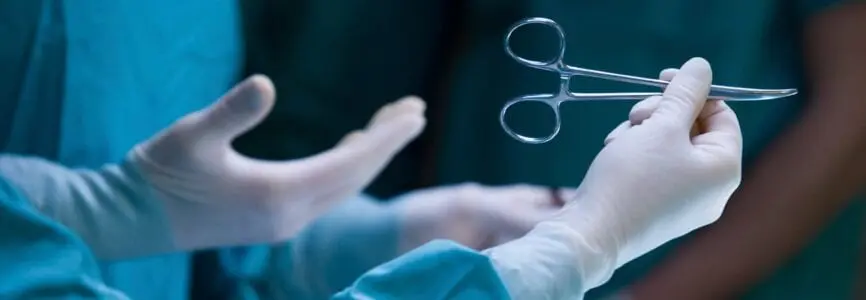Bioethics Forum Essay
Responding to Ebola: Misplaced Police Powers
A number of states have recently adopted mandatory quarantine measures, including New York and New Jersey, for any individual entering the United States who had direct contact with someone infected with Ebola. This policy has most notably affected health care workers with Médecins Sans Frontières returning from West Africa. Governor Cuomo recently scaled back New York’s measures, instituting home as opposed to institutional quarantine for those who do not exhibit symptoms, even going as far as to provide compensation for lost income due to time spent in quarantine. This move, not yet matched by Governor Christie, comes on the heels of pressure from the White House and medical experts, as well as public unease following first-hand accounts of quarantine.
As these quarantine measures demonstrate, states have the difficult task of balancing the need for swift, meaningful response to public health threats with an enduring concern for maintaining the civil liberties of their citizens. States look to strike this delicate balance with one of the most versatile tools in their legislative toolbox—their so-called police powers. Made possible by the Tenth Amendment, which reserves powers not delegated to the federal government for the states, the police powers allow states to enact reasonable regulations in the name of protecting the safety, health, welfare, and morals of their citizens, even if this has the effect of constraining some degree of individual liberty or autonomy. While case law favors states’ ability to regulate broadly in this area, at least in the instance of Ebola, the mandatory quarantine arguably goes too far.
Why, then, have states been willing to exercise their police powers with a strong hand in some situations, like Ebola, but used a lighter touch in others? Politics is the obvious answer, and no doubt accounts for at least part of the misplaced and severe responses to Ebola to date. As the initial responses in, for instance, New York and New Jersey suggest, states often wrestle with substantial political pressures as they craft interventions. But there is a more significant and worrying trend at play. Ebola is not the only instance where the police powers have been used in a way that does not align with what medicine and science shows us to be true.
Take vaccinations, for instance. The individual and collective benefits of vaccination are unequivocal, having only minimal risks, despite strong but unfounded objections. Yet states have historically been slow to enact measures requiring, for example, basic vaccinations for schoolchildren and have weakened these laws by including many easily-exploited exemptions. Considered alongside Centers for Disease Control and Prevention statistics demonstrating 594 cases of measles between January 1 and September 29 of this year alone, insufficient action becomes more perplexing still. Similarly, state action toward requiring influenza vaccination for health care workers has been very slow, leaving intermediate measures, such as New York’s requirement that unvaccinated health care workers wear surgical masks and facility-level action to pick up the slack.
What is often lost in this debate is the fact that the Tenth Amendment, which makes possible the police powers, endeavors to strengthen our system of federalism. In the context of public health, it gives states the flexibility to act agilely and meaningfully in accordance with the specific health needs of their citizens. When states ignore medical fact and accede to political pressures in exercising these powers, they miss out on a rare and valuable opportunity to enable state sovereignty to benefit their citizens.
Nick Diamond trained in law and bioethics, and currently is a master of laws candidate in global health law at Georgetown Law.
Posted by Susan Gilbert at 11/04/2014 10:49:16 AM |













